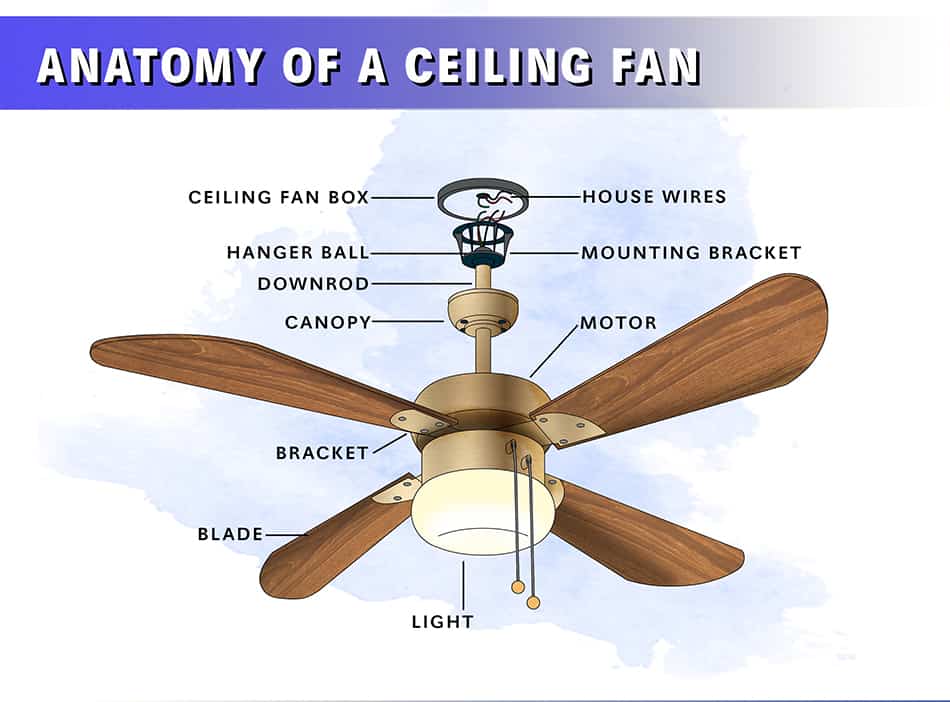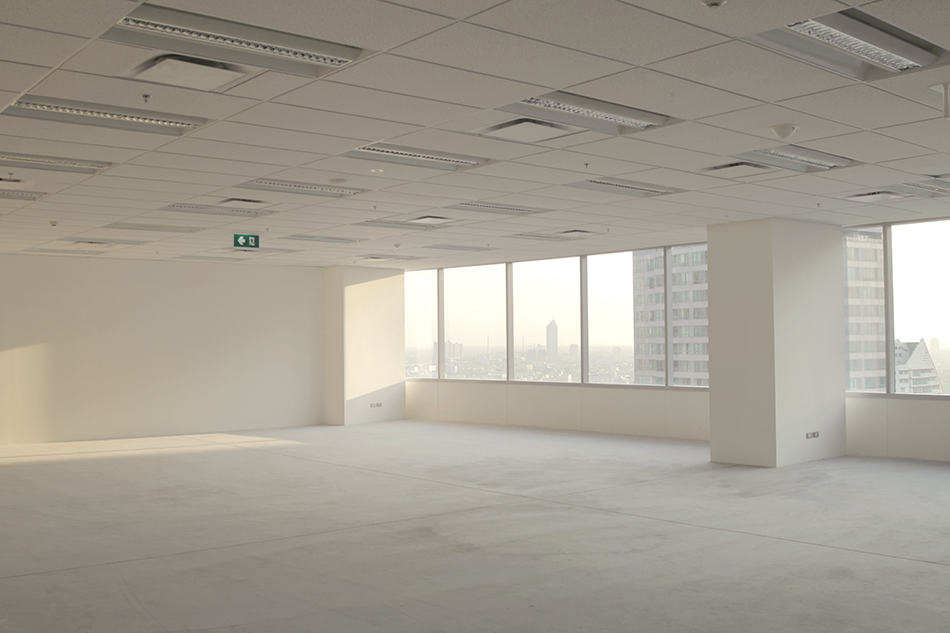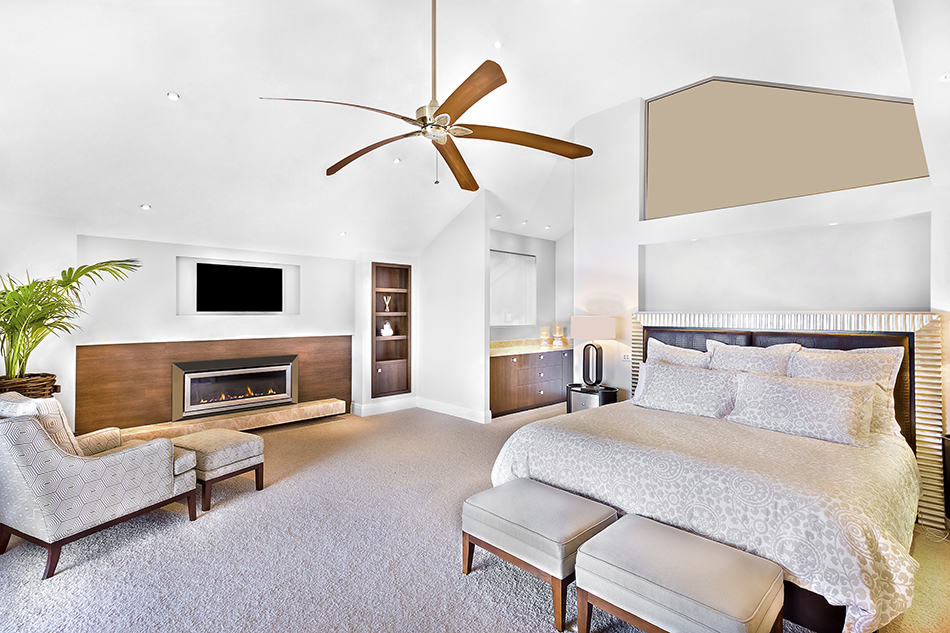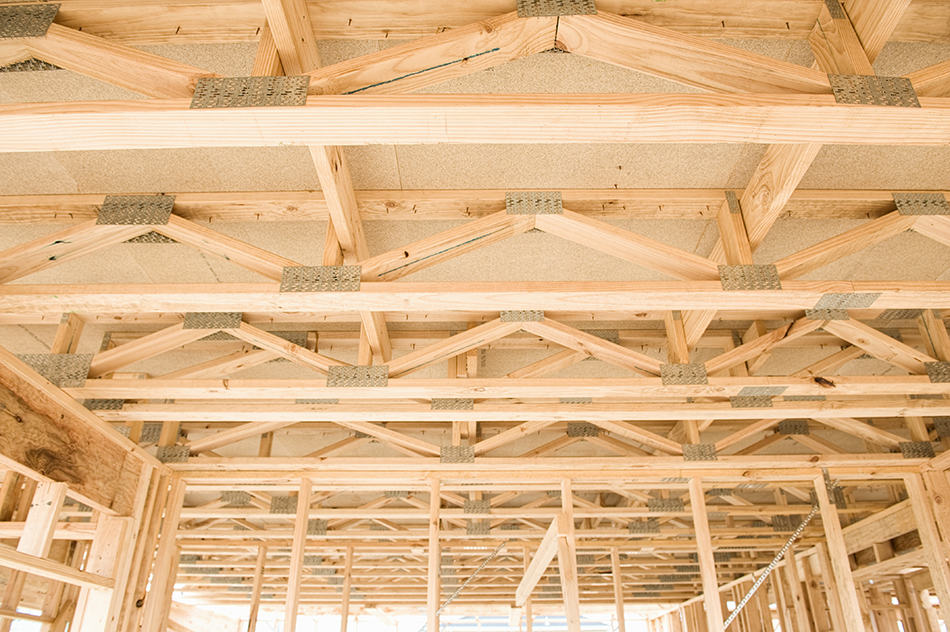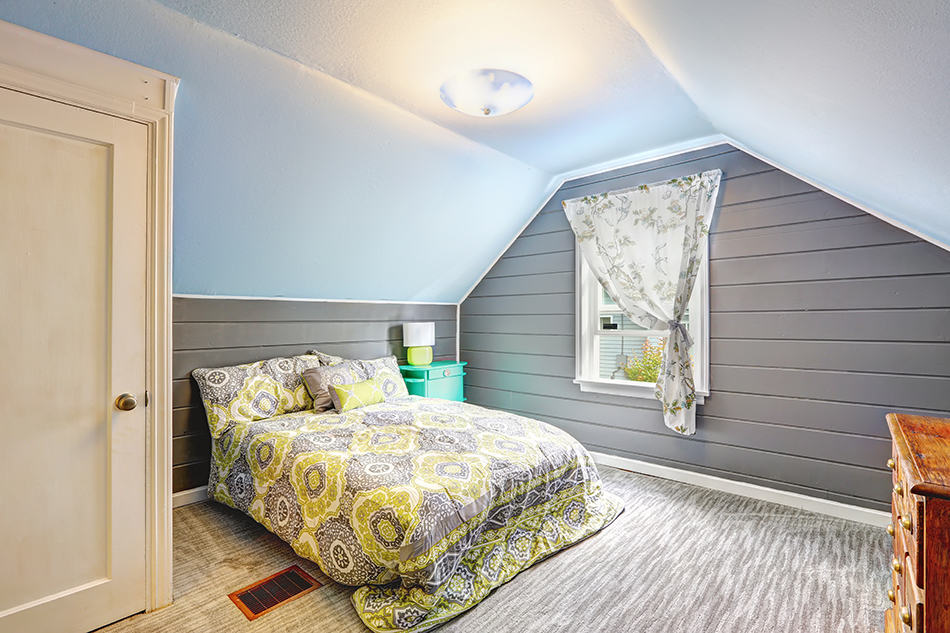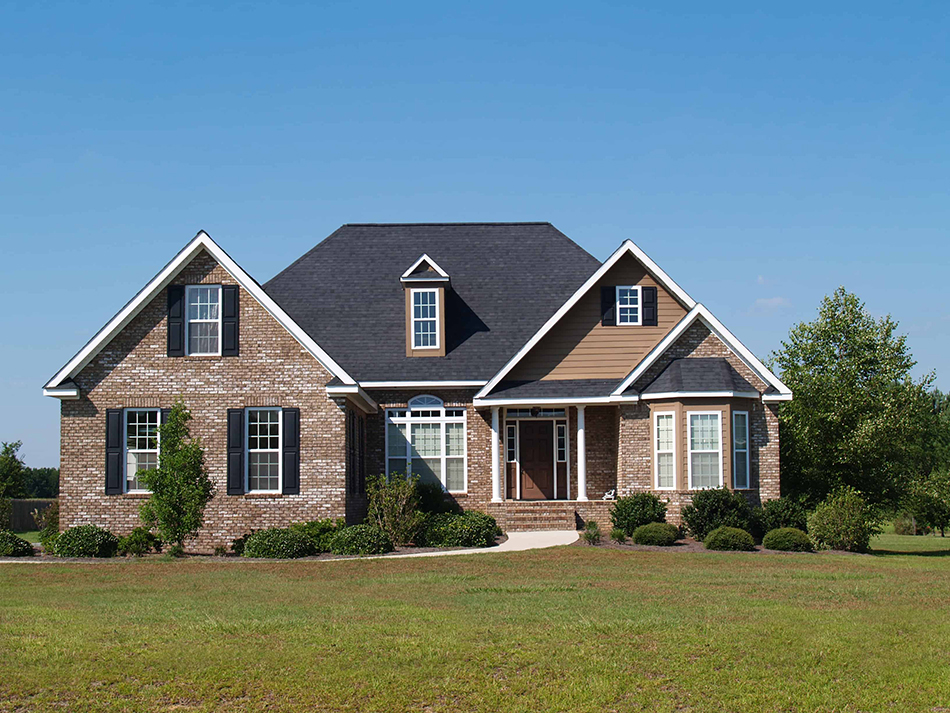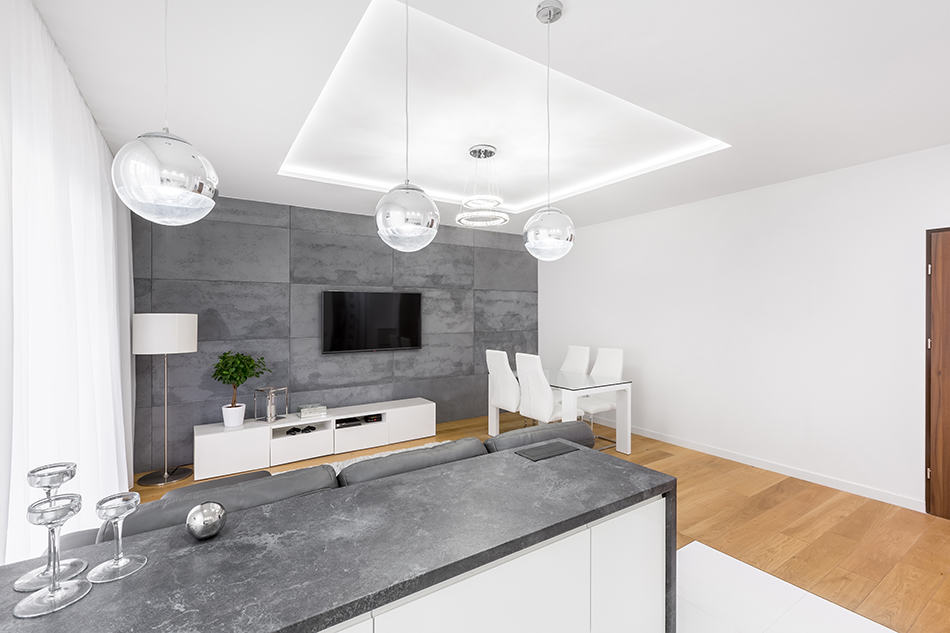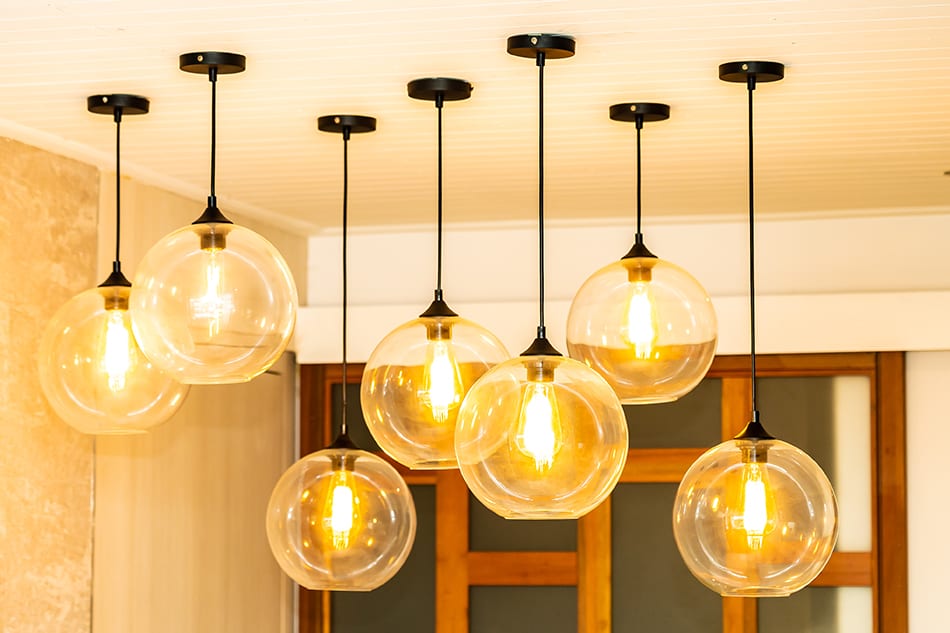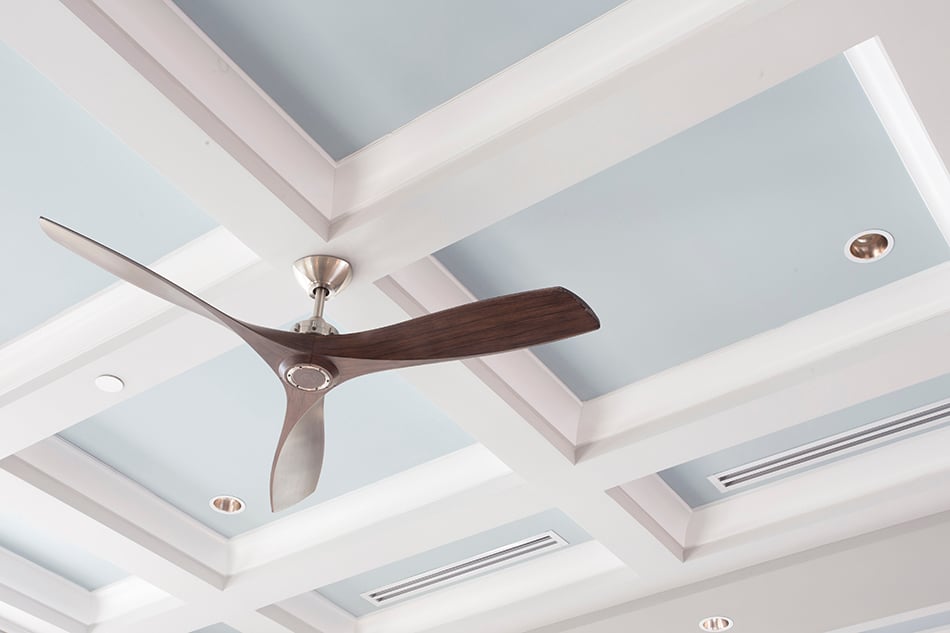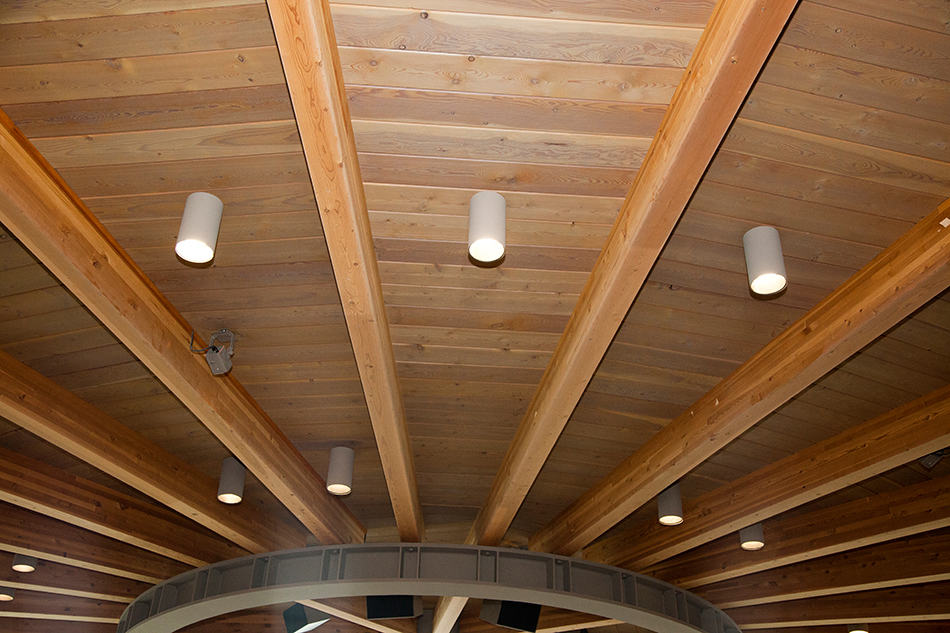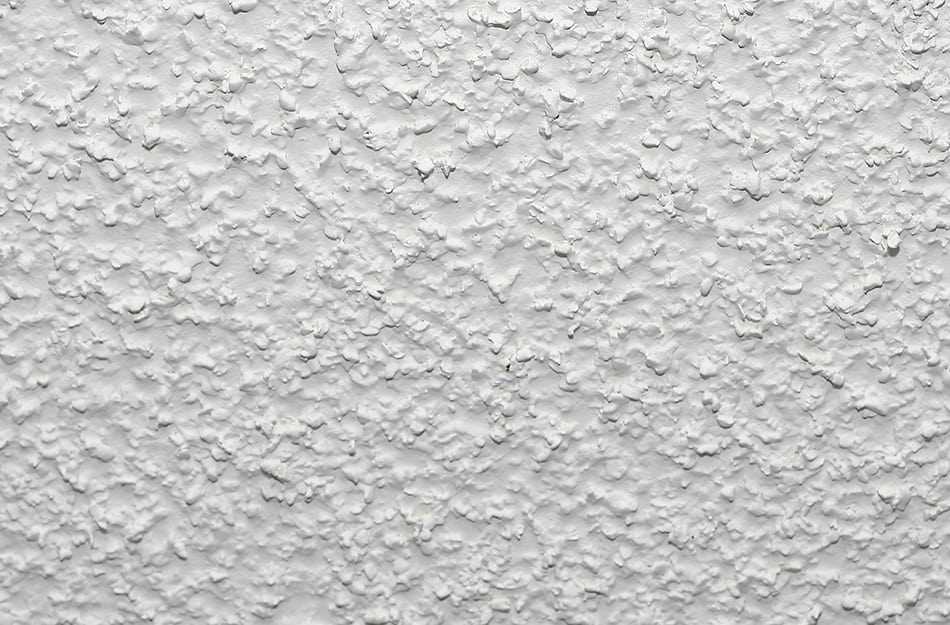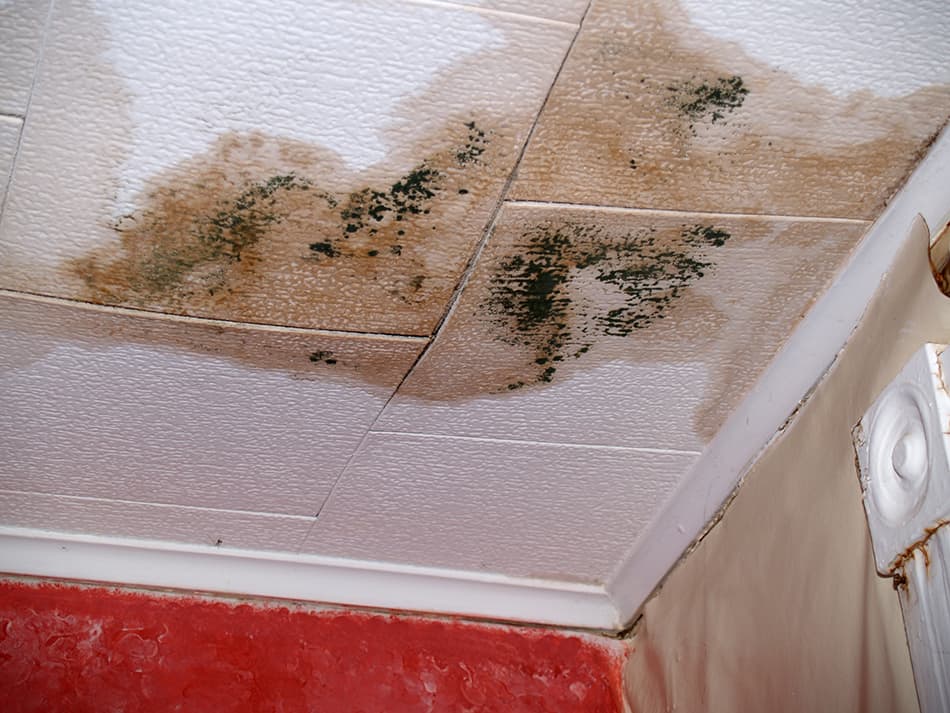Ceiling fans are a very useful appliance that can make a room feel more comfortable. They do not alter the temperature of a room but instead redistribute air in a more advantageous way. Here are the components of a ceiling fan.
Acoustic ceilings are proving to be a contemporary and practical solution to unappealing and empty-sounding rooms. These are now widely used not only in offices but also in schools and homes. You might be intrigued with the prospect of installing one at your abode. Find out more about acoustic ceilings, their types, pros, and cons in this article.
In this article, you will learn about the various factors to consider before getting your ceiling fan and the various types of ceiling fans.
A ceiling joist is a part or component of the house that you won’t see daily. But unknown to many homeowners like you, it performs a necessary and important role in our homes. Ceiling joists are not only critical in maintaining your house’s structural integrity but can also fulfill an aesthetic element.
If you have a vaulted ceiling, you might be wondering about your lighting options, as traditional ceiling-mounted lights can look awkward on vaulted ceilings and produce inferior lighting. This guide will help you learn about the possible options and find the best lighting for your vaulted ceiling.
A level part of a building with a floor is commonly referred to as a story or storey. Most people utilize the story as a measuring unit of the building to determine its height. However, due to local laws and construction methods, the height of a story can greatly vary.
Drop ceilings are very common in both residential and commercial properties. These types of ceilings can effectively cover up unsightly pipes, ductwork or wires while providing sound insulation. However, such ceilings can reduce your room’s height and tend to deteriorate quickly, thus leading to an unsafe ceiling. What’s more, drop ceilings aren’t exactly attractive in terms of aesthetics.
Ceiling lights are an often-overlooked area of interior design, but they are vital in helping to create the right sort of ambiance and atmosphere in your home. Choosing the right type of ceiling light can also make all the difference in how usable a room is, and you need to ensure your light is functional and fit for purpose.
Coffered ceilings are a work of art in their own right. They are ideal for creating texture and architectural elements on a plain ceiling. The design of coffered ceilings can be customized to suit the homeowner’s taste. However, these types of ceilings aren’t perfect for every home. Here is a rundown of what coffered ceilings are, their history, why you might consider building one or more in your rooms, and how to install them in a day.
Beadboard ceilings are often associated with Cape Cod style homes with their welcoming interiors. This type of ceiling appeals mostly to traditional homes because of its simple and uncomplicated style. The beadboard ceiling panels of cottage homes have a way of adding texture to the entire space without overwhelming the overall decor.
If you have ever stepped inside a 20th century home, it’s likely that you’ve come across popcorn ceilings. These types of ceilings gained popularity a few decades ago because of their cheap and easy installation. The old forms of this textured ceiling contained a chemical called asbestos, However, there are now many modern versions of popcorn textures with less of a bubbled look that contain asbestos-free products. To find out whether this textured ceiling is right for you, learn more about its characteristics, pros/cons, and how to create a popcorn texture for your ceiling.
If you have unsightly water stains on your ceiling, a simple coat of paint will not address the issue as they may come back soon after. Even if it’s only a small stain, it could be a sign of a leak, which requires immediate attention. Water stains on ceiling, especially if they are yellow or darkish green, can result in mold growth, or even worse, ceiling damage.
